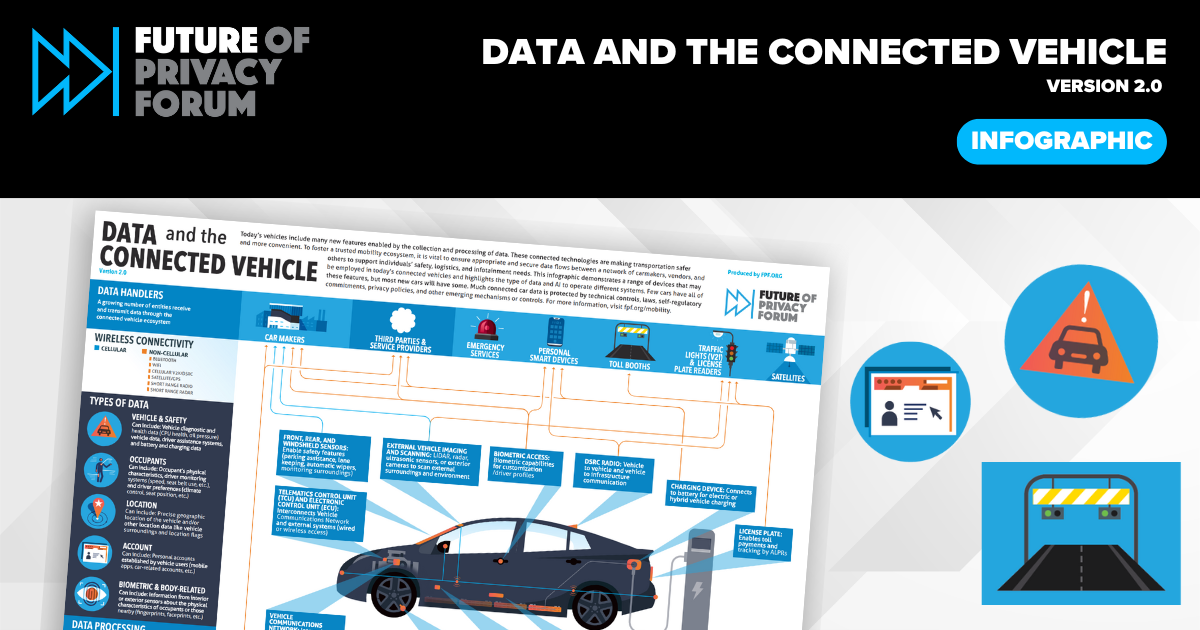
Updated FPF Infographic Explores Data in Connected Vehicles
Today, The Future of Privacy Forum is launching the Data and the Connected Vehicle Infographic 2.0, including new updates to account for the types of data associated with connected vehicles, features in and outside of the vehicle, and data handlers who receive and process data. Lawmakers, manufacturers, privacy professionals, and consumers are actively engaged in […]

FPF_connected_vehicl_v2_03_nosidebar (2)
CELLULARNON-CELLULAR WIRELESS CONNECTIVITY BLUETOOTH WIFI CELLULAR V2X/DSRC SATELLITE/GPS SHORT RANGE RADIO SHORT RANGE RADAR BIOMETRIC & BODY-RELATED Can include: Information from interior or exterior sensors about the physical characteristics of occupants or those nearby (fingerprints, faceprints, etc.) ARTIFICIAL INTELLIGENCE Can include: Algorithmic processing, decision making, and machine learning present throughout various vehicle systems and features […]
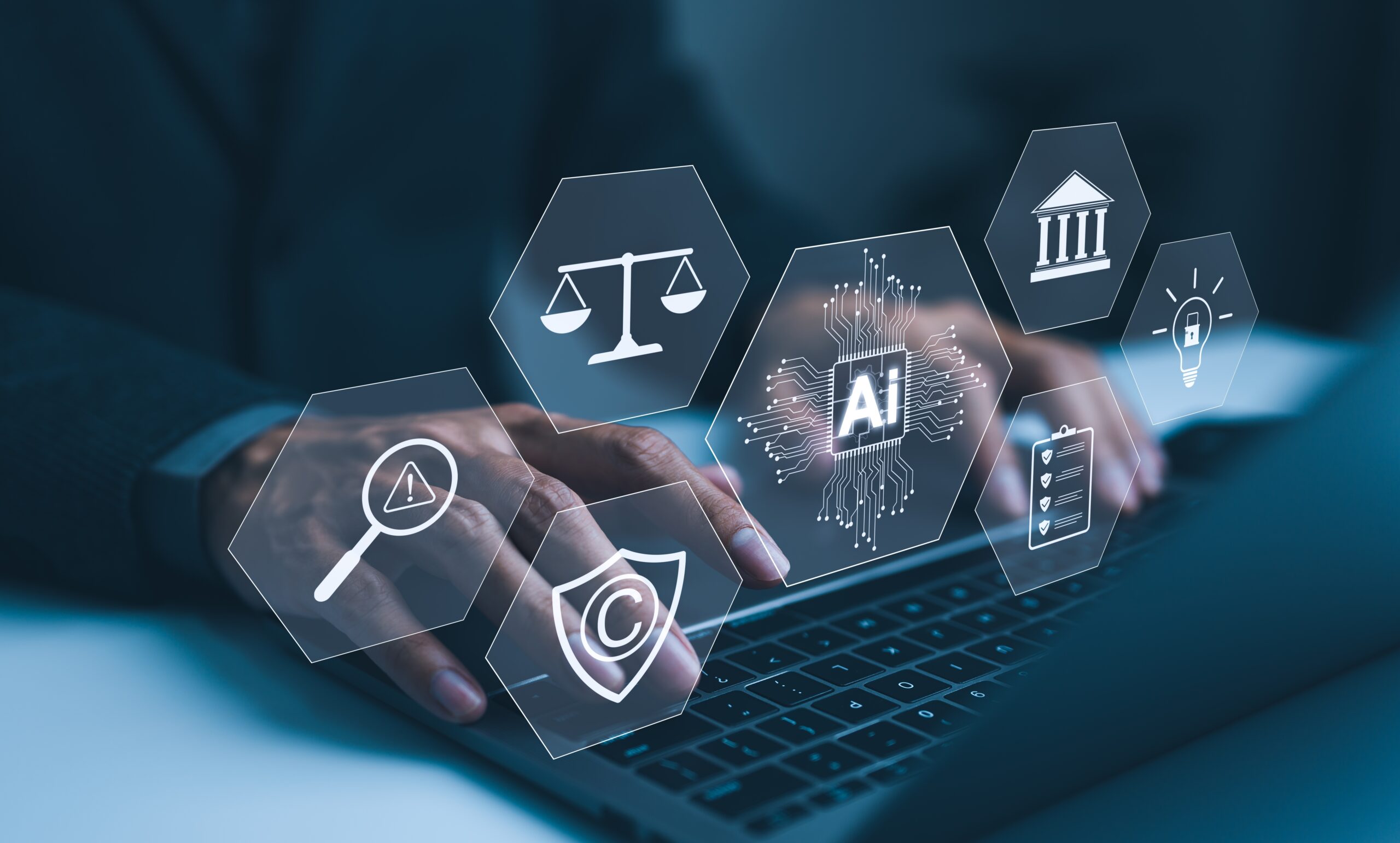
FPF Unveils Report on Emerging Trends in U.S. State AI Regulation
Today, the Future of Privacy Forum (FPF) launched a new report—U.S. State AI Legislation: A Look at How U.S. State Policymakers Are Approaching Artificial Intelligence Regulation— analyzing recent proposed and enacted legislation in U.S. states. As artificial intelligence (AI) becomes increasingly embedded in daily life and critical sectors like healthcare and employment, state lawmakers have […]
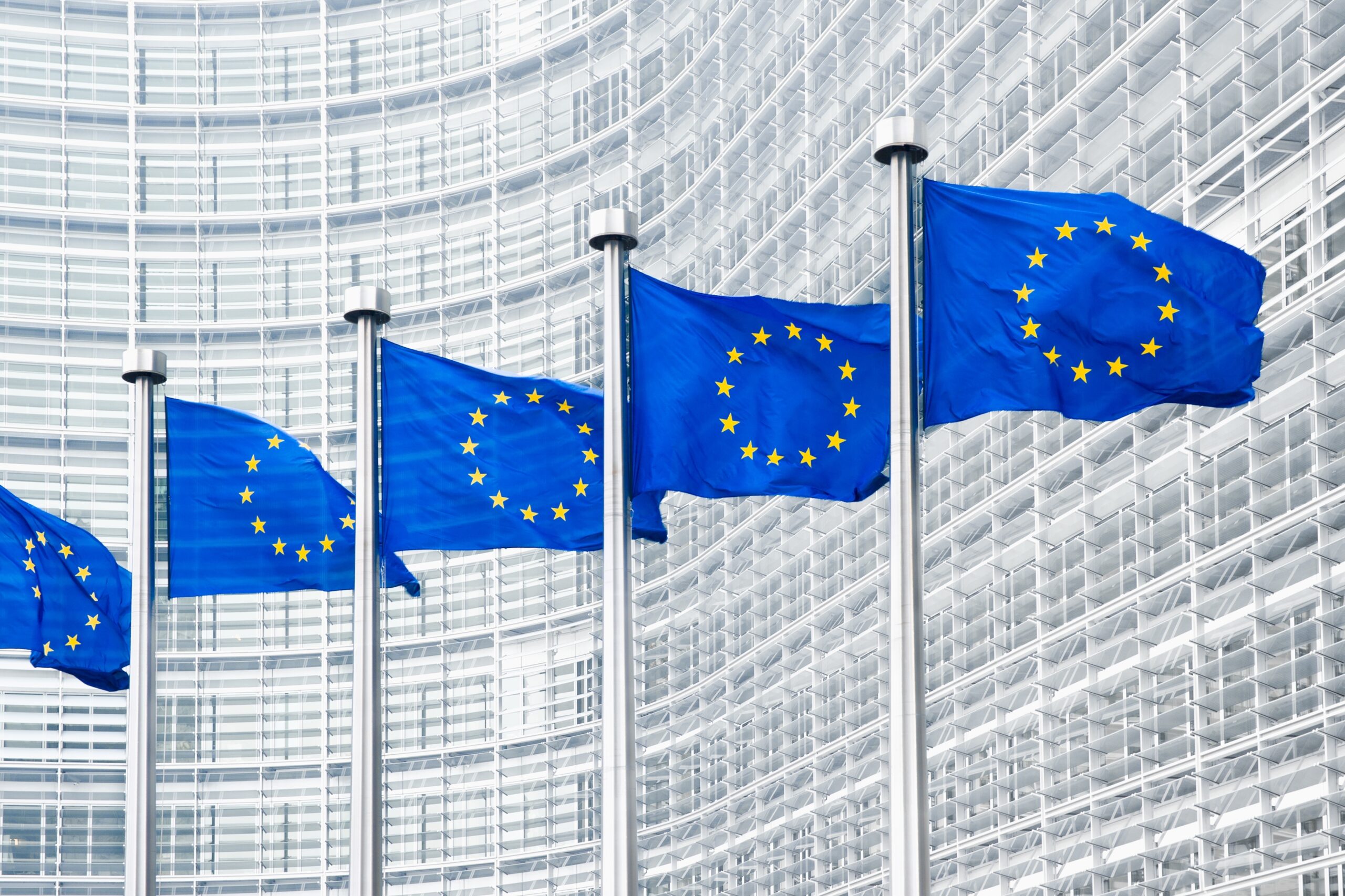
Does the GDPR Need Fixing? The European Commission Weighs In
The European Commission published its second Report on the General Data Protection Regulation (GDPR) on July 25, 2024, assessing the progress of its impact and effectiveness of application since the Commission’s first Report published in June 2020. The second Report acknowledges relative success of the GDPR in protecting individuals and supporting businesses, while also highlighting […]
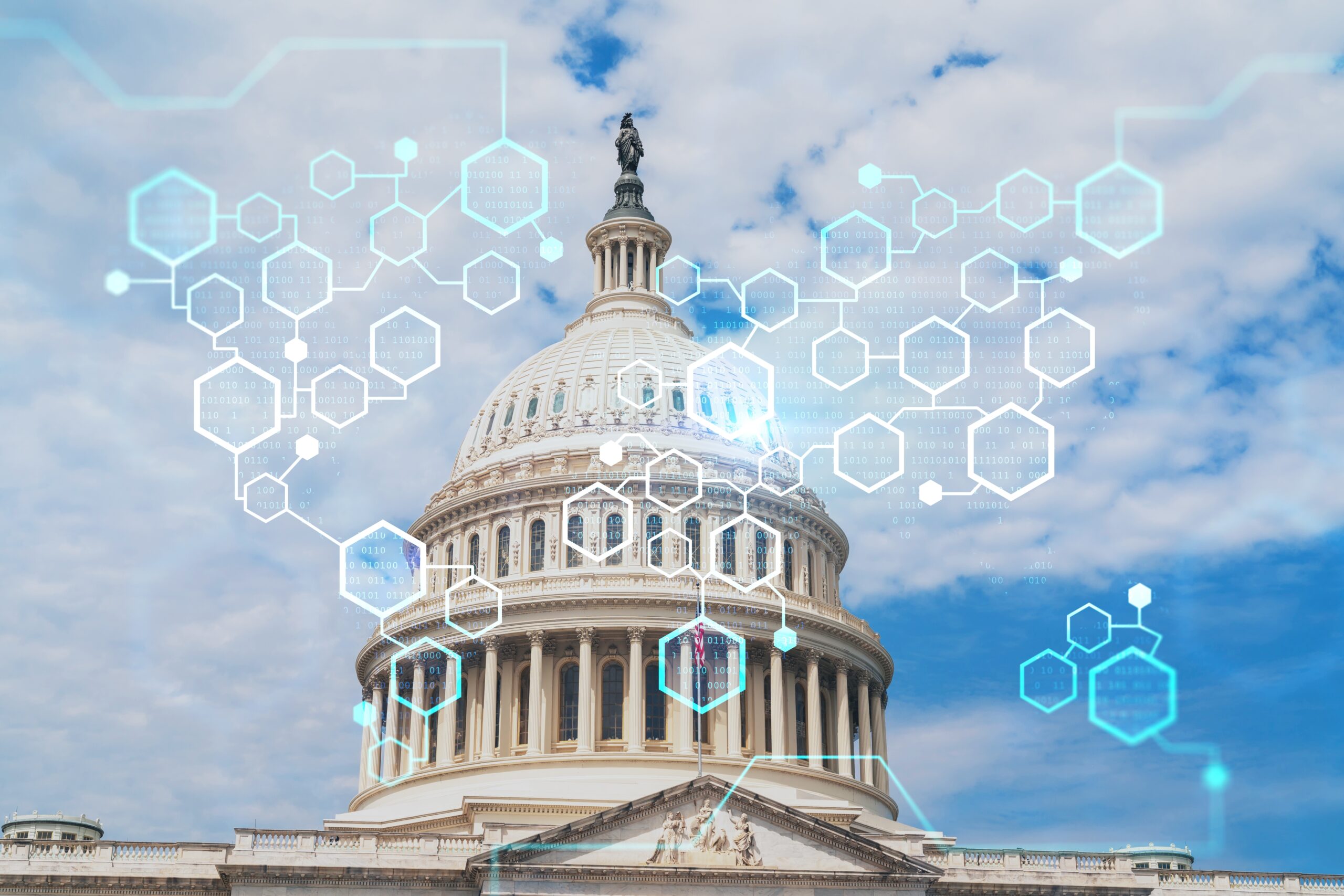
Comments Submitted to the FCC on Disclosure and Transparency of AI-Generated Content in Political Advertisements
The Future of Privacy Forum (FPF) submitted comments in response to the Federal Communications Commission’s (FCC, or Commission) Notice of Proposed Rulemaking (NPRM) on the use of artificial intelligence (AI) to generate content for political advertisements.
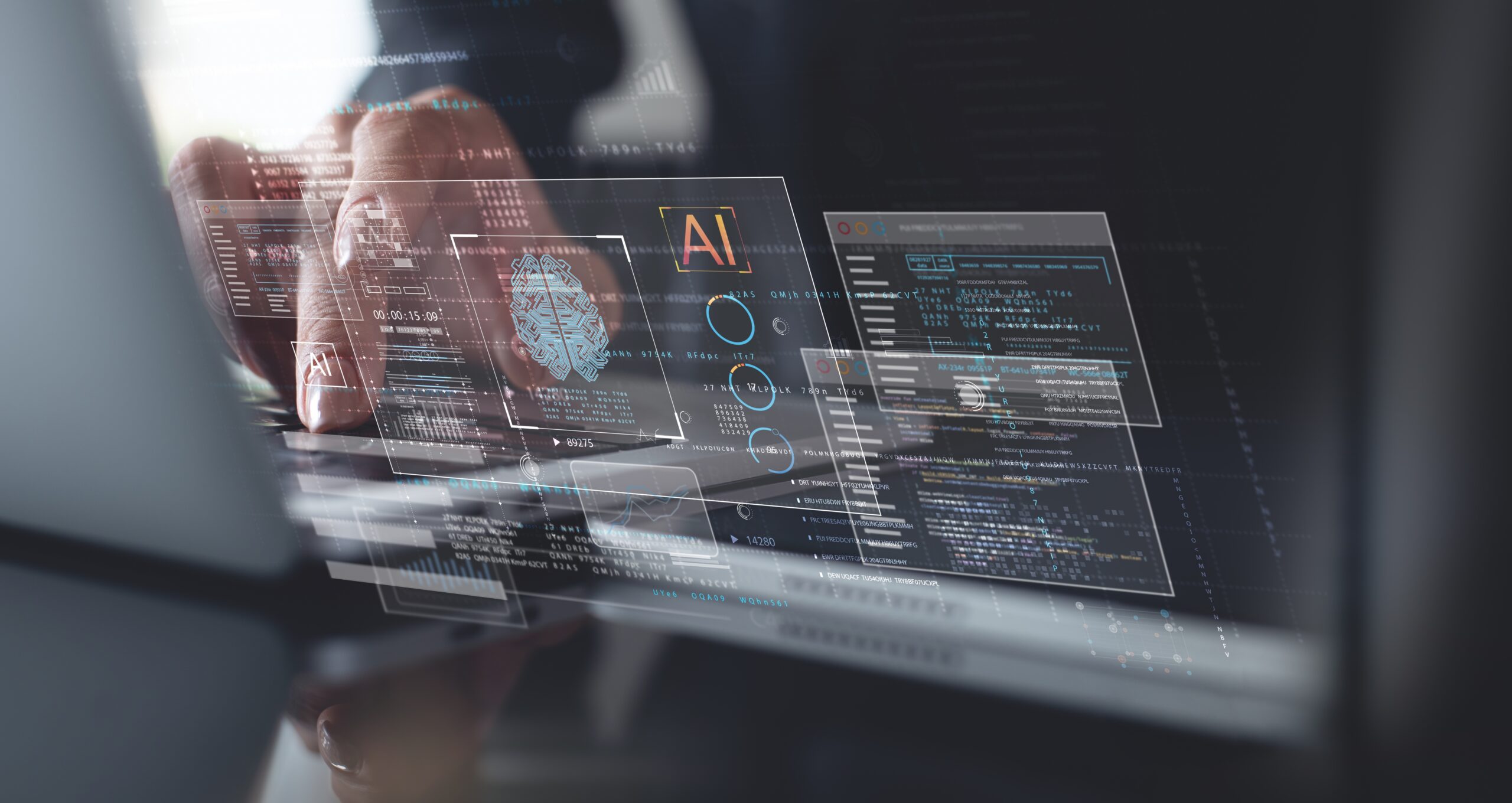
Privacy Roundup from Summer Developer Conference Season 2024
Ahh, summer. A time for hot dogs, swimming pools, and software developer conferences. For third-party application developers to deliver new tools with the best features for the lucrative fall quarter, they must have access to all the APIs and tools by the summer before. This has meant that early summer has become known as a […]
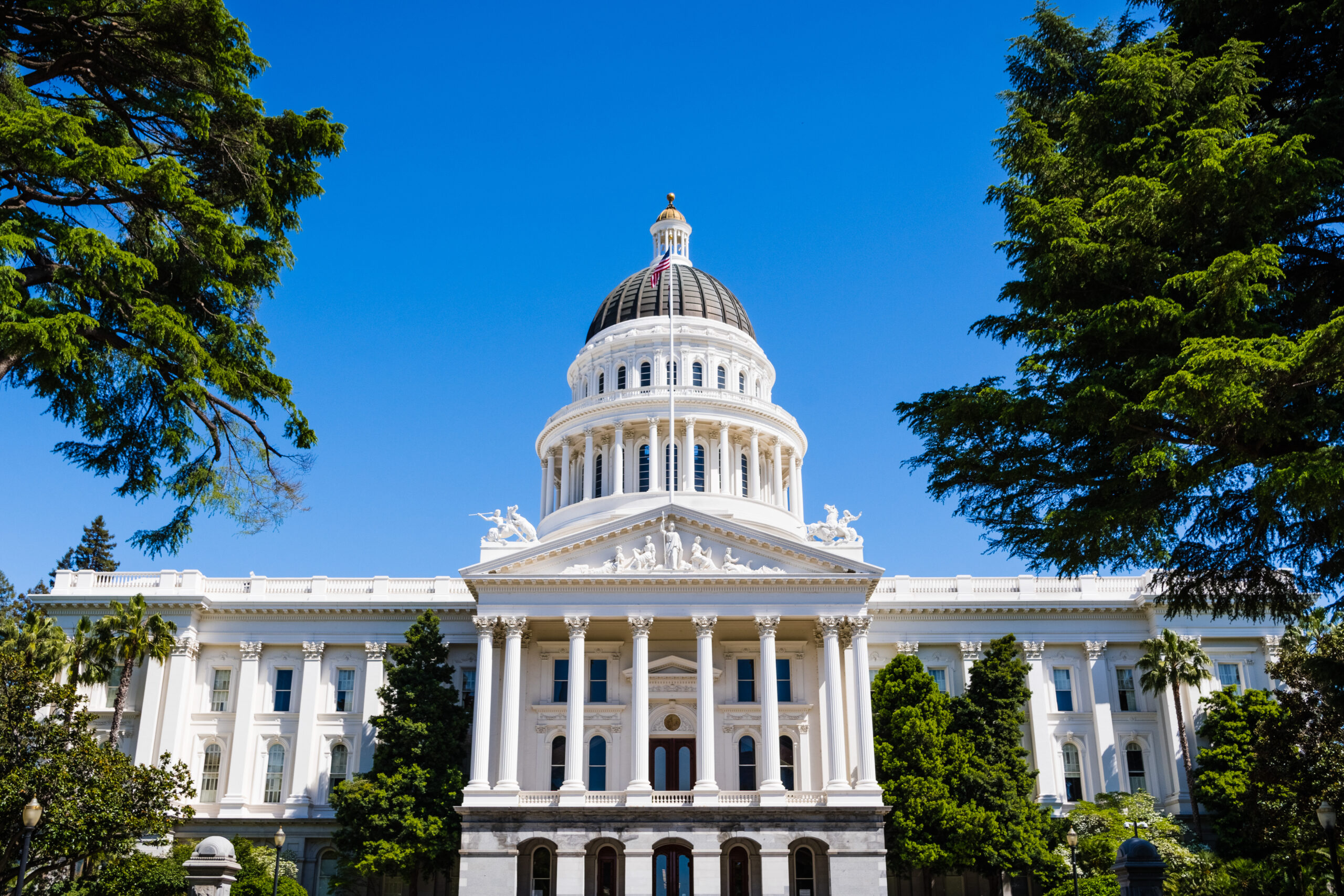
FPF Highlights Intersection of AI, Privacy, and Civil Rights in Response to California’s Proposed Employment Regulations
On July 18, the Future of Privacy Forum submitted comments to the California Civil Rights Council (Council) in response to their proposed modifications to the state Fair Employment and Housing Act (FEHA) regarding automated-decision systems (ADS). As one of the first state agencies in the U.S. to advance modernized employment regulations to account for automated-decision […]

FPF Responds to the Federal Election Commission Decision on the use of AI in Political Campaign Advertising
The Federal Election Commission’s (FEC) abandoned rulemaking presented an opportunity to better protect the integrity of elections and campaigns, as well as to preserve and increase public trust in the growing use of AI by candidates and in campaigns. When generative AI is used carefully and responsibly, it can reach different segments of the population […]

FPF CHDPP Data Set Infographic
Consumer Health Privacy Notices by the Numbers MHMDA and NV SB370 require entities to maintain a privacy policy for health data. Organizations may be subject to either or both of these requirements, as well as related mandates found in other U.S. privacy laws. FPF has surveyed 185 company websites across various industries and sectors, focusing […]

FPF Submits Comments to the California Civil Rights Council on Proposed Modifications to the Employment Regulations Regarding Automated-Decision Systems
FPF is pleased to submit comments to the California Civil Rights Council regarding their Proposed Modifications to the Employment Regulations Regarding Automated-Decision Systems. By modernizing the state’s current employment regulations, the California Civil Rights Council has an important opportunity to influence how existing civil rights laws will apply to emerging technologies like AI. Ideally, these […]
